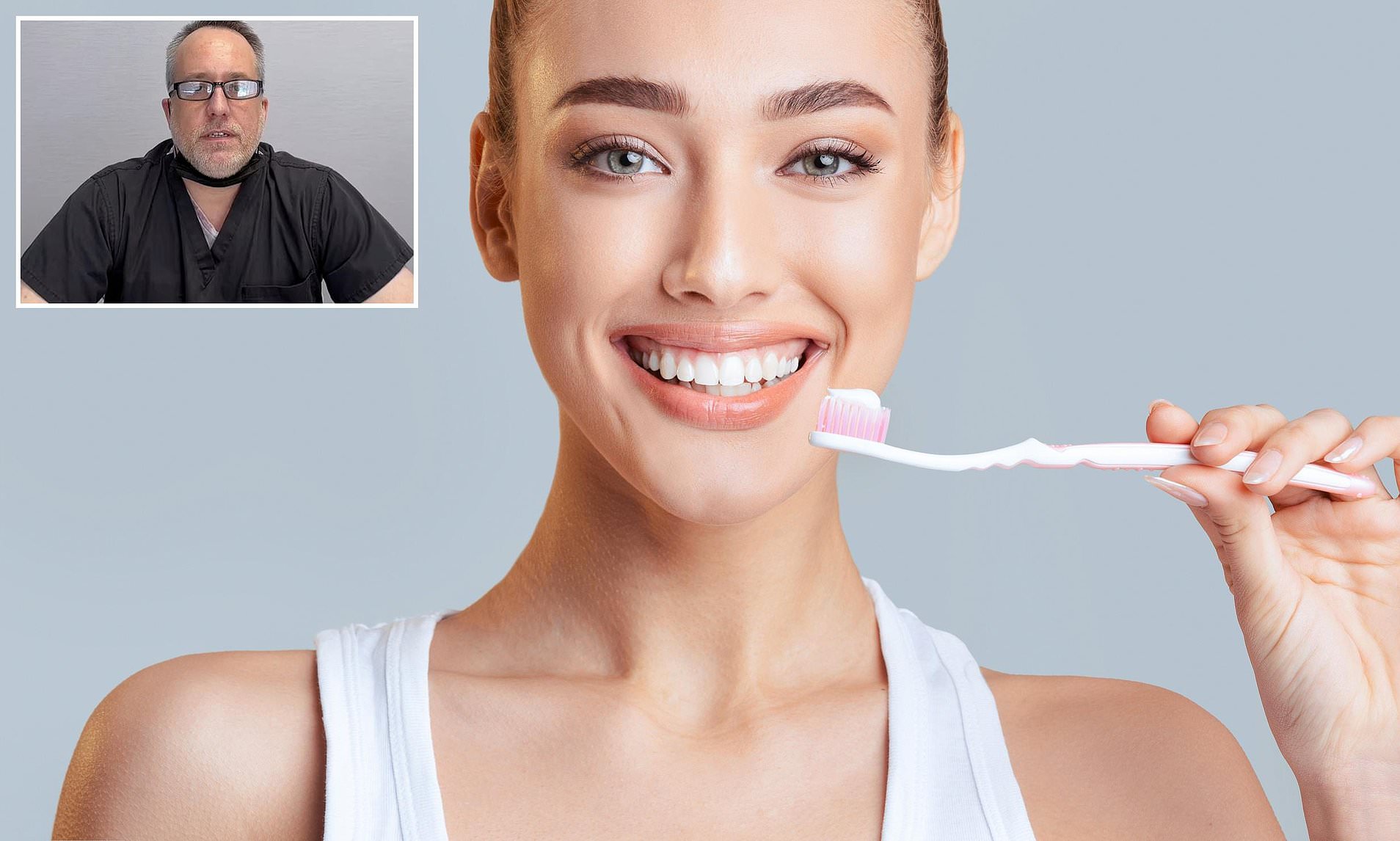The Hidden Dangers of Whitening Toothpaste
When it comes to achieving a brighter smile, many people turn to whitening toothpastes. However, these products may not be as beneficial as they seem. In fact, some dental professionals warn that they can cause long-term damage to your teeth.
Dr James Martyniak, a dentist from Rifkin Dental in Carmel, New York, explains that whitening toothpastes do not actually whiten your teeth. Instead, they remove external stains by scrubbing away layers of enamel, which can make your teeth look whiter initially. Over time, this process can lead to thinner, more yellow, and sensitive teeth.
Understanding Abrasiveness in Toothpaste
Toothpaste abrasiveness is measured using the Relative Dentin Abrasivity (RDA) score. The American Dental Association (ADA) sets an upper limit of 250 for RDA. Anything above 101 is considered highly abrasive, and scores between 151 and 250 are extremely abrasive and potentially harmful. Many whitening toothpastes fall into these categories.
The higher levels of abrasives in whitening toothpastes can wear down your enamel over time. Enamel is the protective outer layer of your teeth, and once it wears away, it exposes the dentin underneath. Dentin is a hard tissue that is naturally yellow, which can make your teeth appear more yellow than white.
Risks of Enamel Damage
Enamel erosion can increase your risk of cavities, as it allows bacteria to penetrate and cause decay. If your teeth become significantly thinner due to enamel loss, they can eventually fall out. This makes it essential to be cautious when using whitening toothpastes.
In addition to enamel damage, some people may already be more prone to enamel issues due to their diet or medical conditions. For example, acidic foods and beverages can weaken enamel, making it more susceptible to damage from abrasive toothpastes.
Sensitivity and Other Side Effects
Dr Matthew Wittrig, a dentist based in Indiana, agrees that whitening toothpastes can cause sensitivity. He explains that regular use of these products can lead to increased tooth sensitivity, often felt as a wave or rush of pain when exposed to cold air or liquid. The main ingredient in most whitening toothpastes, peroxide, is likely responsible for this sensitivity.
Peroxide can irritate the nerve inside your tooth, causing inflammation and contributing to symptoms like tingling or cold sensitivity. Additionally, whitening toothpastes with higher concentrations of peroxide can cause gum irritation and even tissue damage if used more frequently than recommended.
Potential for Tissue Damage
Gel whitening strips or trays can also cause chemical burns if the peroxide sits on mouth tissue for too long instead of the tooth. Dr Wittrig advises caution when using these products at home. It’s important to wipe excess whitening agents off your gums and mouth tissue to avoid irritation.
Active ingredients like baking soda in some whitening toothpastes can also cause irritation in certain individuals. If you notice any adverse reactions, it’s best to stop using the product immediately.
Professional Alternatives for a Whiter Smile
For those looking to achieve a whiter smile, Dr Wittrig recommends considering professionally-applied peroxide products such as gel trays or strips. These treatments are designed to penetrate deeper into the tooth to reach stains in the enamel that over-the-counter whiteners cannot.
Dentist-administered treatments are generally safer and more effective, as they are tailored to your specific needs and monitored by a professional. This can help minimize the risk of enamel damage and other side effects.
Tips for Safe Toothpaste Use
Colgate advises following the instructions on the label when using any toothpaste. It’s important to use your toothpaste no more often than directed. Pairing your toothpaste with a soft-bristled toothbrush and using a gentle brushing technique can also help protect your enamel.
By being mindful of the potential risks associated with whitening toothpastes and opting for safer alternatives, you can achieve a healthier, brighter smile without compromising your dental health.






